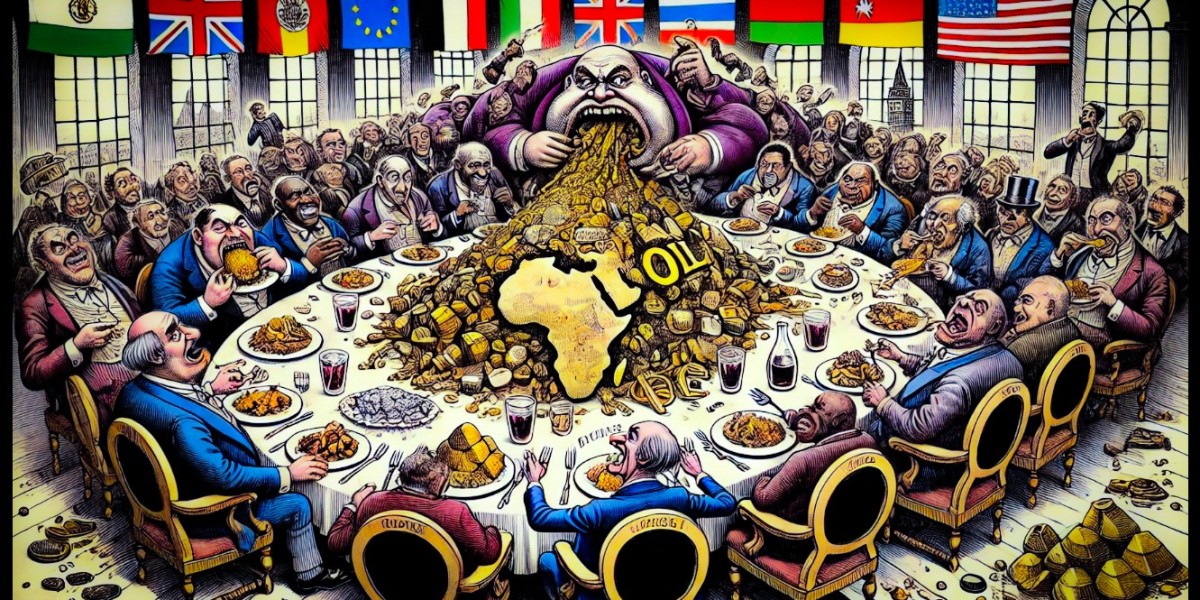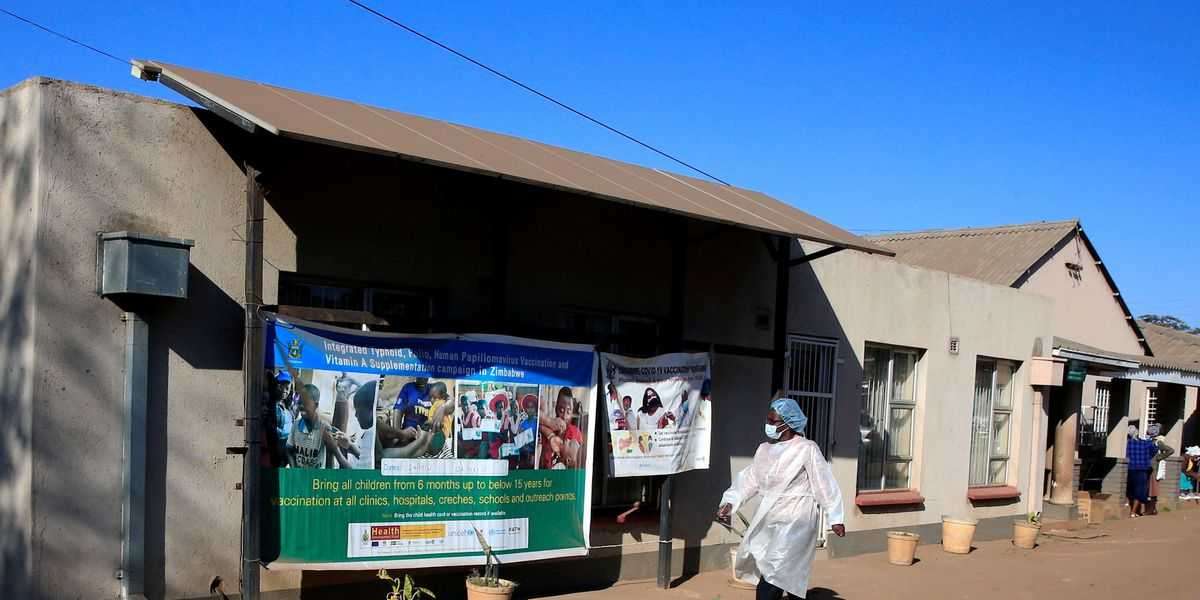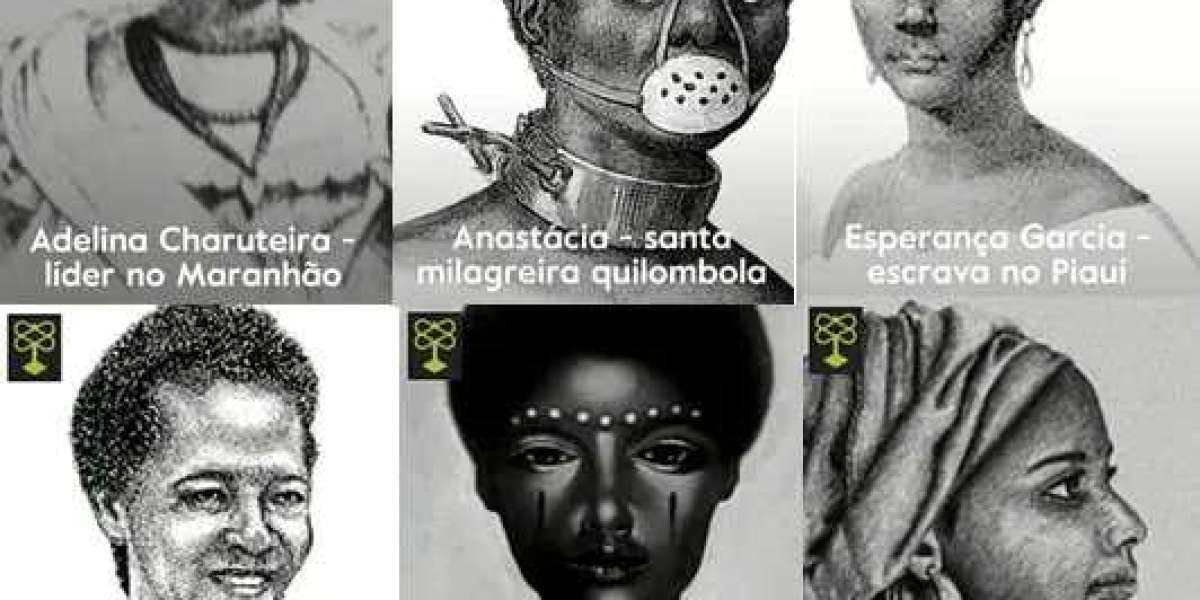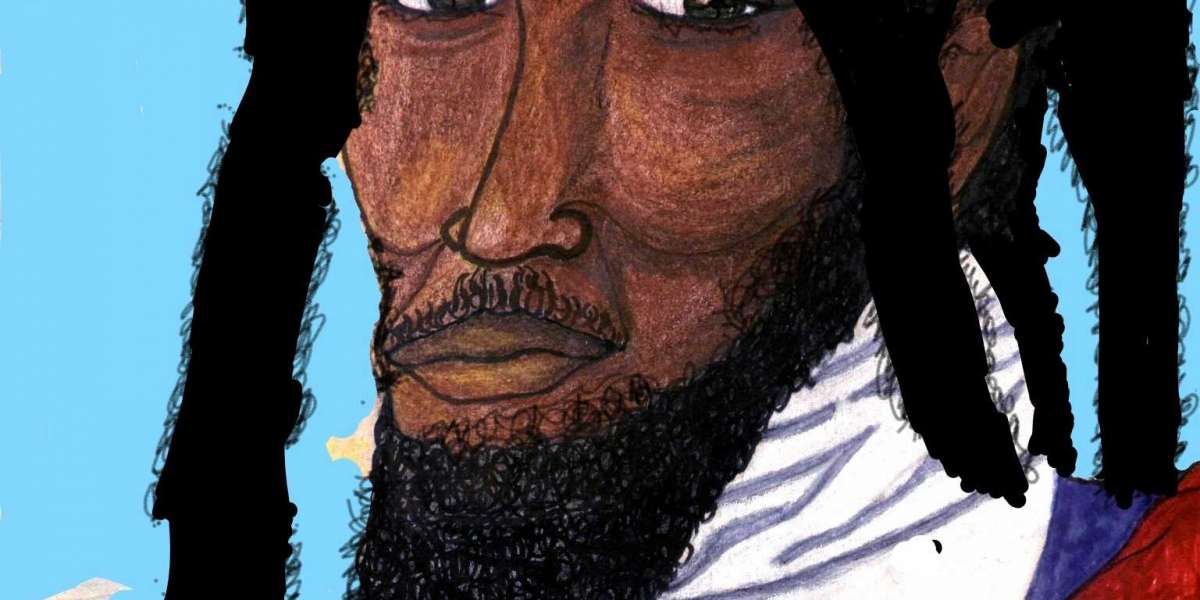For over four centuries, Africa has been systematically exploited. The transatlantic slave trade, colonization, and ongoing economic manipulation have stripped the continent of its wealth, labor, and potential. Western nations, whose economies were built on the backs of enslaved Africans and stolen resources, continue to profit while Africa remains in a cycle of poverty. Despite overwhelming evidence of these historical crimes, they refuse to pay reparations.
If reparations will not be given willingly, then they must be forced. Africa possesses the most valuable resources in the world, fueling the global economy. The time has come for African nations to leverage this power by sanctioning Western nations until they pay their historical debt.
The Unpaid Debt of the West
Reparations are not an act of generosity but an obligation. The transatlantic slave trade alone resulted in the forced labor of over twelve million Africans, generating vast wealth for European and American economies. When slavery was abolished, compensation was given to former slave owners, but never to the enslaved or their descendants. The exploitation did not end with slavery. The colonization of Africa led to further extraction of wealth, the suppression of indigenous industries, and economic policies designed to benefit the colonizers at the expense of African societies.
Even after gaining independence, many African nations found themselves trapped in a system of neocolonialism. Former colonial powers continued to control African economies through unfair trade agreements, debt traps, and foreign military interventions. Today, these same Western nations benefit from Africa’s vast natural resources while keeping the continent economically dependent and politically destabilized.
How the West Continues to Exploit Africa
The modern global economy is deeply reliant on Africa’s resources. Seventy percent of the world’s cobalt, essential for smartphones, electric vehicles, and artificial intelligence, comes from the Democratic Republic of Congo. Thirty percent of France’s nuclear power depends on uranium from Niger. Gold, diamonds, oil, and rare earth minerals extracted from Africa sustain industries worldwide.
Despite being rich in natural resources, Africa remains poor because of structural economic inequalities. Western corporations extract raw materials at minimal cost, refine them in Europe and North America, and sell them back to African countries at inflated prices. Meanwhile, foreign-controlled financial institutions impose policies that prevent African nations from developing self-sufficient industries. Corrupt African leaders, often installed or supported by foreign powers, enable this system by prioritizing personal gain over national sovereignty.
When African nations attempt to challenge these practices, they are met with economic pressure, military intervention, or political destabilization. This is not a historical issue—it is an ongoing system of economic control designed to maintain Africa’s subservience to Western interests.
Sanctioning the West: A Strategy for Reparations
Since Western nations refuse to acknowledge their historical debt, African nations must take control of their wealth and dictate the terms of global trade. The strategy is straightforward:
1. Educate the People
- Africa’s resources belong to Africans, not foreign corporations.
- Reparations will not be given willingly; they must be demanded.
- Economic independence begins with knowledge and awareness.
2. Restrict Western Access to African Resources
- Ban Western corporations from exploiting Africa’s natural wealth.
- Establish trade agreements with alternative partners such as BRICS nations.
- Nationalize industries that are critical to Africa’s self-sufficiency.
3. Demand Reparations Before Trade Resumes
- Western nations must commit to financial restitution before conducting business in Africa.
- Reparations must be directed toward infrastructure, education, and technological advancement.
- No African wealth should leave the continent without tangible benefits to its people.
Some African nations have already taken steps toward reclaiming their sovereignty. Burkina Faso, Mali, and Niger have expelled French military forces and begun reassessing foreign economic ties. If more nations follow their example, Africa will be in a position to dictate its own future rather than accept the conditions imposed by former colonizers.
Reparations for a Strong and Sustainable Africa
Reparations are not merely about correcting historical injustices; they are about securing Africa’s future. A well-managed reparations fund could eliminate foreign debt, fund infrastructure projects, and establish technological industries owned and operated by Africans. A unified Africa with a shared economic policy, a single currency, and a collective security force would be a formidable global power.
However, Africa’s rise must be different from that of the West. The Western model of infinite economic growth, mass production, and resource exploitation has led to environmental destruction, planned obsolescence, and economic disparity. Africa must pursue development that is sustainable and equitable. Food, water, and shelter should be human rights, not commodities. Industries must balance economic growth with environmental preservation to ensure long-term stability. True success is not measured by endless expansion but by knowing when progress has reached a sustainable equilibrium.
The Time for Action Is Now
Western nations have proven that they will never pay reparations unless they are forced to do so. Africa holds the key to the world’s future, and it is time to use that power strategically. By restricting access to its resources, Africa can demand payment for the wealth that has been stolen for centuries.
Economic justice will not come through petitions or negotiations. It will come through decisive action. The question is no longer whether reparations should be paid—it is whether Africa will continue to allow the West to take without consequence.
No reparations? No resources.
It is time for Africa to reclaim its future.
1. Total Global Reparations Owed
- Global total revenue from slavery (1600s–1865) → Adjusted based on detailed U.S. industry estimates.
- Global reparations total (5% interest from 1865–2025): $2.00 quadrillion (approximate).
Breakdown by country based on estimated share of transatlantic slavery profits:
2. Reparations Owed by Each Country
?? Portugal (40% of total slave trade)
- Owed: $801,748,220,659,856 ($801.75 trillion)
- Largest transporter of enslaved Africans, primarily to Brazil and the Caribbean.
- Profited massively from sugar, coffee, gold, and diamonds.
- Still benefits today from wealth extracted from Brazil and Angola.
?? Britain (20%)
- Owed: $400,874,110,329,928 ($400.87 trillion)
- Controlled Jamaica, Barbados, the Bahamas, and the U.S. South.
- The Royal African Company and British banks heavily profited.
- Paid reparations to former slave owners, but never to the enslaved.
?? France (15%)
- Owed: $300,655,582,747,446 ($300.66 trillion)
- Used enslaved labor in Haiti, Guadeloupe, Martinique, and French Guiana.
- Forced Haiti to pay reparations to former slave owners for independence.
- Profited from sugar, coffee, and indigo.
?? Spain (10%)
- Owed: $200,437,055,164,964 ($200.44 trillion)
- Enslaved millions for Cuba, Puerto Rico, and South America.
- Built wealth on gold, silver, and sugar plantations.
- Still benefits today from Latin American resources.
?? United States (5%)
- Owed: $100,218,527,582,482 ($100.22 trillion)
- Built entire economy on enslaved labor in cotton, tobacco, rice, sugar, finance, and banking.
- Denied reparations (40 acres and a mule) while paying slave owners.
- Continues to profit from systemic racial wealth inequality.
?? Netherlands (5%)
- Owed: $100,218,527,582,482 ($100.22 trillion)
- Ran Dutch Caribbean slave plantations in Suriname, Curaçao, and Aruba.
- Banking and trade industry thrived on slavery.
?? Belgium (2%)
- Owed: $40,087,405,164,993 ($40.09 trillion)
- King Leopold II enslaved over 10 million Congolese for forced labor in rubber and ivory industries.
- Belgium’s economy still benefits from African exploitation.
?? Denmark (1.5%)
- Owed: $30,065,553,873,744 ($30.07 trillion)
- Controlled Danish West Indies (now U.S. Virgin Islands).
- Ran sugar plantations entirely dependent on enslaved labor.
?? Sweden (0.5%)
- Owed: $10,021,852,758,248 ($10.02 trillion)
- Ran slave trading posts and controlled Saint Barthélemy.
- Involved in the transatlantic slave trade for over 150 years.
? Arab Slave Trade (3%)
- Owed: $60,131,116,549,489 ($60.13 trillion)
- The longest-running African slave trade (over 1,400 years).
- Enslaved millions for the Middle East, India, and North Africa.
- Continues to erase and downplay its role in enslaving Africans.














